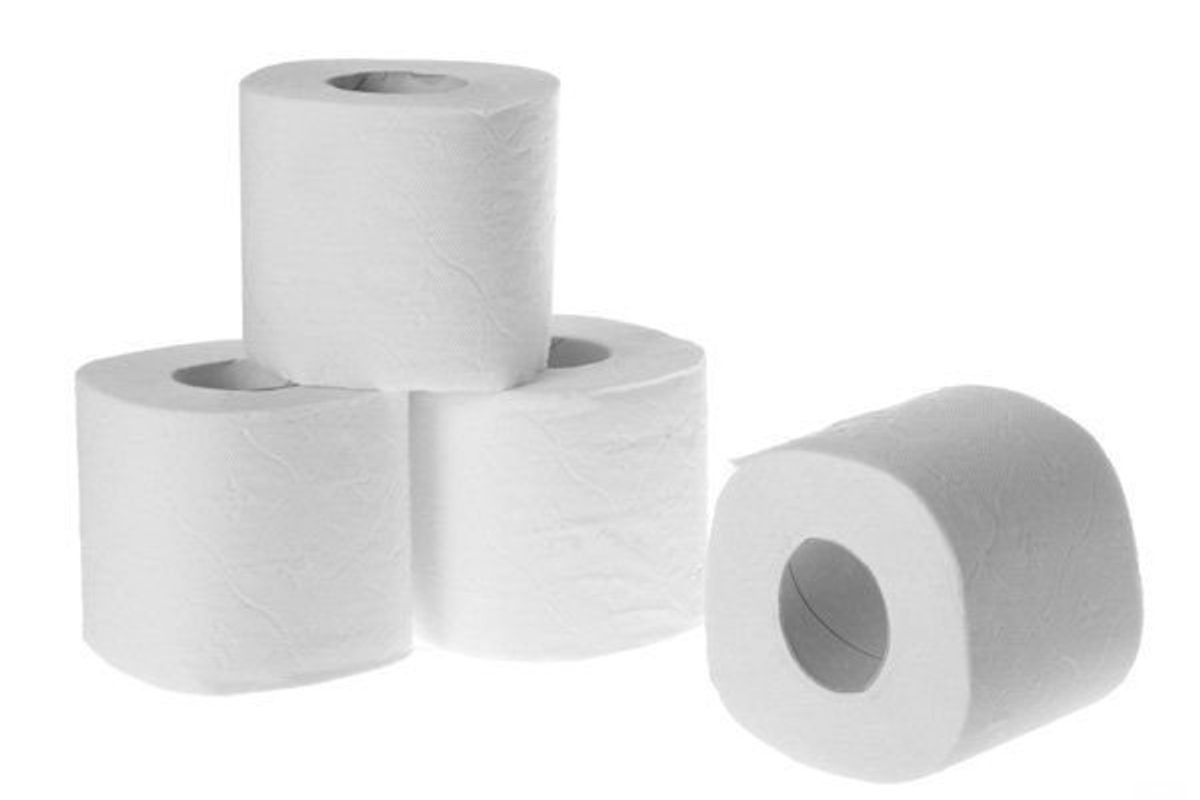Children's books have been written about it. It's the basis for a whole genre of humor. It's the first thing you have to do to leave the hospital when you're born, and it's one of the consistent factors of health throughout life. And yet, it's such an uncomfortable topic to discuss.
Yes, we're talking about poop.
You read that right. Bowel movements may be a key gastrointestinal health indicator, so it's important to know what's ideal when it comes to a healthy #2.
Thanks to the Bristol Stool Form Scale, you can use a number system to help understand what your poop might be telling you. The scale classifies bowel movement consistency and may even help identify potential bowel irregularities such as constipation.
Here are the seven bowel movement categories according to the Bristol Stool Form Scale:
Type 1: Separate, hard, nut-shaped lumps that are hard to pass
Type 2: Sausage-shaped, but lumpy
Type 3: Looks like a fat sausage with cracks on the surface
Type 4: Soft and smooth, like a long, thin sausage or snake
Type 5: Soft blobs with clear-cut edges
Type 6: Fluffy pieces with ragged edges that are easy to pass
Type 7: Entirely liquid, with no solid pieces
What Your Score Means to You
When it comes to what constitutes a healthy bowel movement, for most people, the healthiest scores are right in the middle. There is no "correct" score to have, you overachievers! If you can best describe your poop as type #3, # 4 or #5, congratulations—your bowel movements may be in a healthy range! If you most closely identified with type #1 or type #2, you may be straining, and if you scored a type #6 or type #7, your stools may be too loose. If your bathroom habits are troublesome to you, discuss them with your health care provider. And, if no two #2s are the same, discuss that too. A "change in your bowel habits" is something to bring up.
So now that you know your poop score, what should you do with this newfound number in your life (besides play it in tonight's lottery, if you so desire)?
Constipation is generally defined as having fewer than three bowel movements per week, having difficulty while passing a bowel movement, or both. If your number is below the #3 to #5 range, first, take an honest look at the lifestyle factors that can affect bowel health. In the midst of your busy life, are you finding time to drink the recommended six to eight 8-ounce glasses of water per day? Do you eat enough dietary fiber (at least 25 grams per day for women age 50 and younger and 21 grams per day for women age 51 and older)? If not, try boosting your intake of these natural bowel regulators. Good sources of dietary fiber include fruits, vegetables, whole grains and beans.
Over-the-counter medications such as laxatives and stool softeners are approved for occasional constipation. These products may temporarily alleviate constipation, but they are not approved for the treatment of chronic constipation.
If your constipation symptoms keep coming back, you may have more than occasional constipation. You may have a form of chronic constipation. As many as 35 million adults suffer from chronic idiopathic constipation (CIC), which is constipation without a known cause, and as many as 13 million adults suffer from irritable bowel syndrome with constipation (IBS-C), one of the three major subtypes of IBS. Prescription medications are available for the treatment of CIC and IBS-C.
If you suffer from constipation symptoms, you should consider making an appointment to see your healthcare professional for a bowel movement heart-to-heart. The more details you give your healthcare provider about your bowel habits, including bloating and any abdominal pain or discomfort, the better he or she will be able to identify the possible cause of your symptoms and manage your condition.
Granted it's not fun to talk about your bowel habits with your healthcare provider, but discussing your Bristol Stool Form Scale score could help break the ice. Plus, keep in mind that healthcare professionals talk about poop and other bodily functions all day long, so don’t be embarrassed to bring it up.
Remember: There's no reason any woman should suffer in silence with constipation. Working with your health care provider, you can manage your symptoms and get back to being you.







